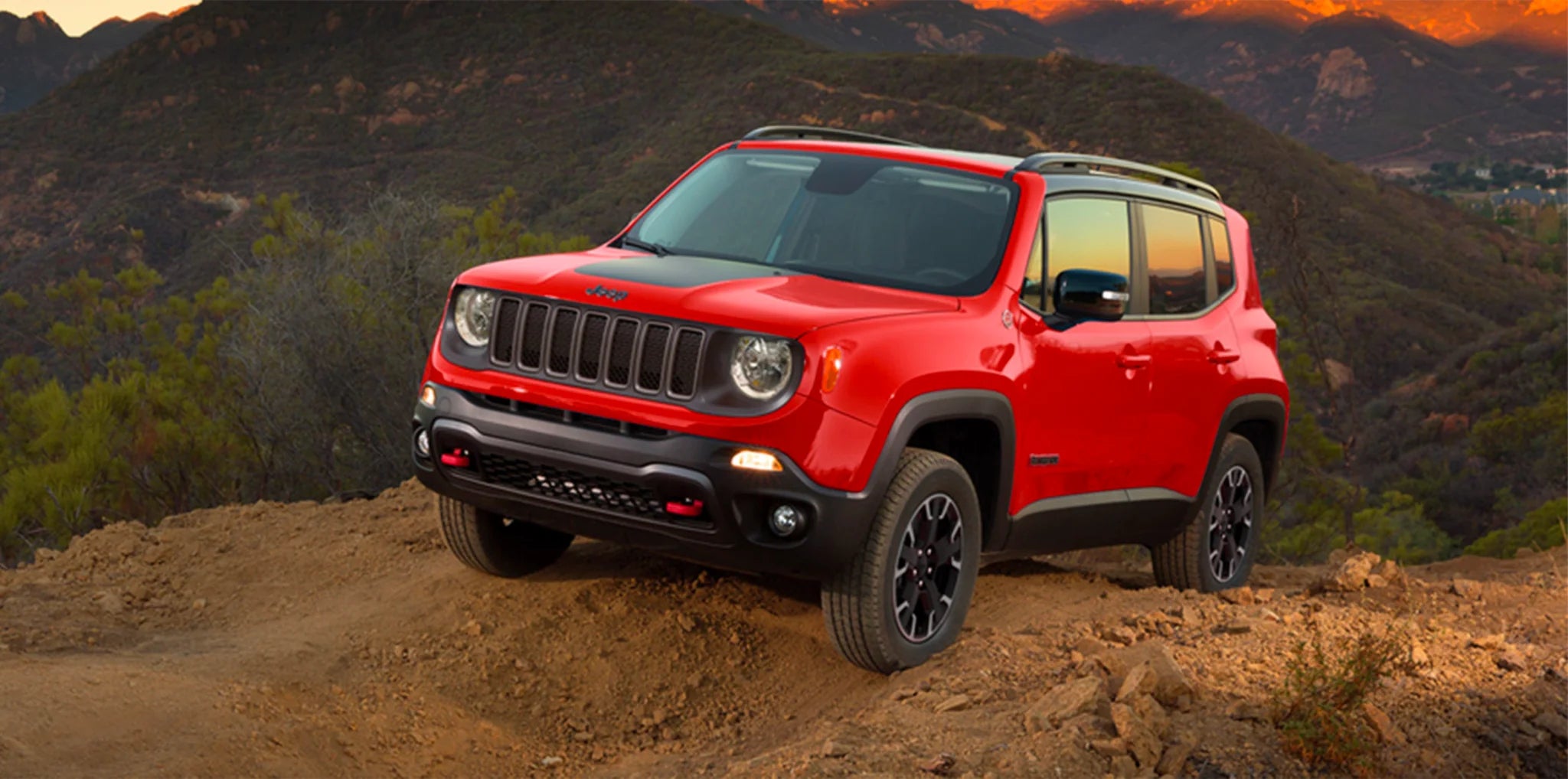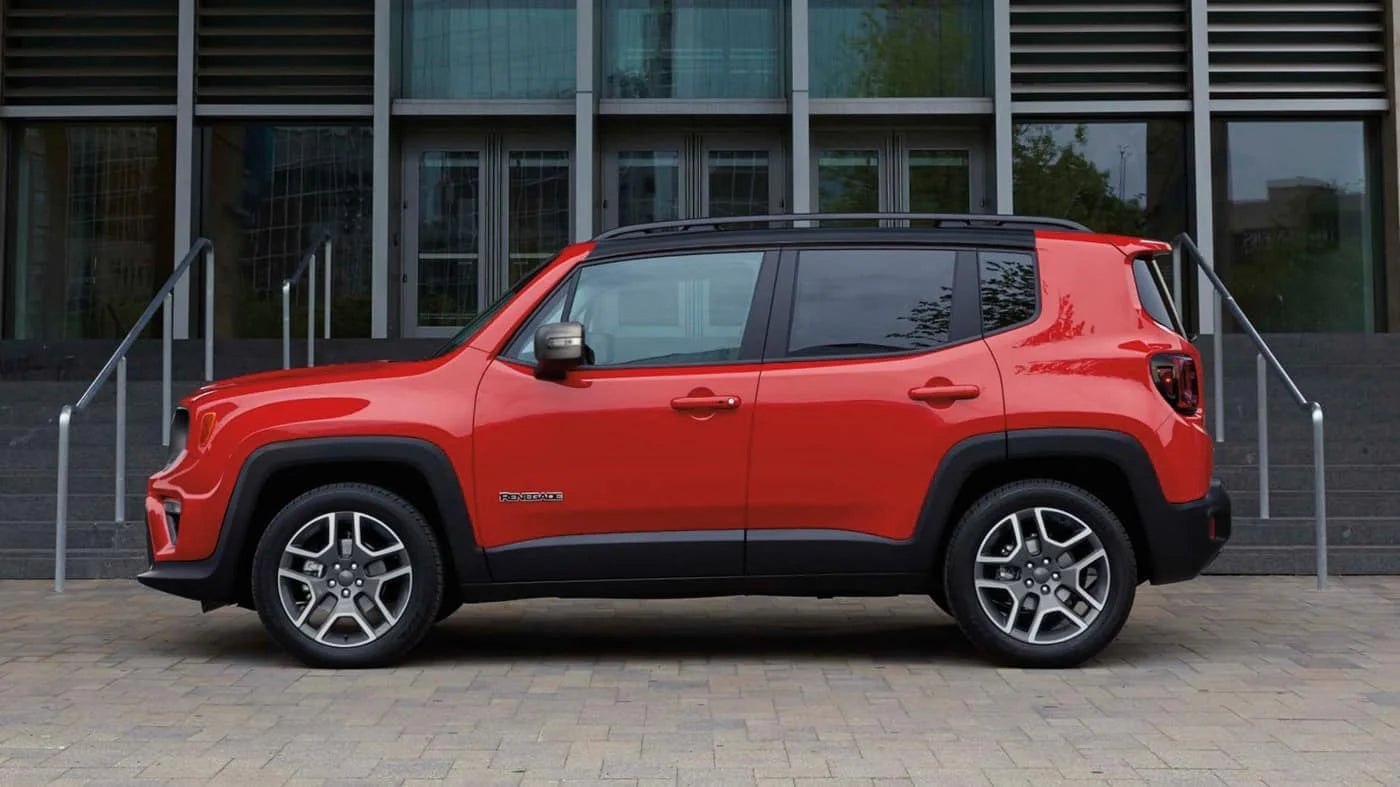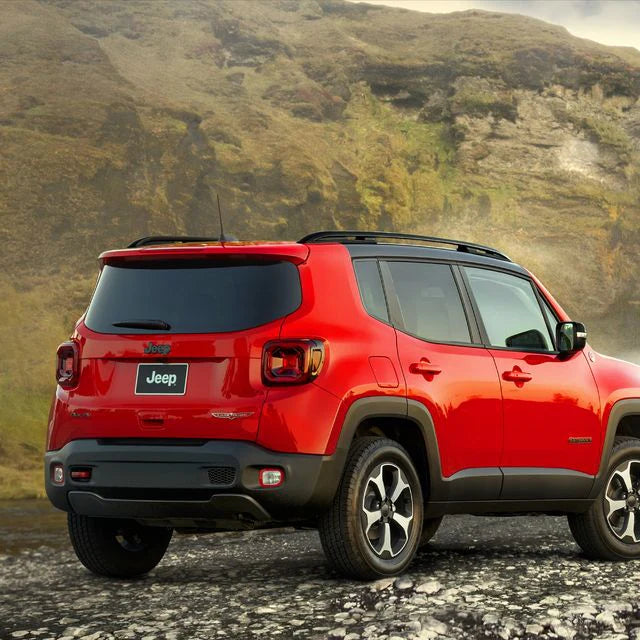Jeep Renegade To Be Discontinued From The US And Canada

What do you do when your beloved car model is about to be discontinued? Do you rush to buy one before it’s gone, or do you look for alternatives? This is the dilemma that many Jeep Renegade fans and potential buyers are facing right now, as the American automaker has announced that it will stop selling the subcompact crossover in the US and Canada by the end of 2023. But why is the Jeep Renegade being discontinued, and what does it mean for the market and consumers? In this article, we will explore the reasons, impact, and alternatives of the Jeep Renegade’s discontinuation.
Jeep Renegade: First Subcompact Crossover
The Jeep Renegade was introduced in 2014 as the first subcompact crossover from Jeep, a brand known for its rugged and off-road vehicles. The Renegade was designed to appeal to younger and urban customers who wanted a smaller, more fuel-efficient, and more affordable Jeep that still offered some of the brand’s signature features, such as the seven-slot grille, the round headlights, and the Trailhawk trim. The Renegade also offered a range of engine options, including a 1.4-liter turbocharged four-cylinder, a 2.4-liter naturally aspirated four-cylinder, and a 1.3-liter turbocharged four-cylinder with a hybrid system. The Renegade was available in both front-wheel drive and four-wheel drive configurations and had a starting price of $22,850 in the US and $26,995 in Canada.

Declining Sales and Competitive Challenges Leading to Discontinuation
However, despite its unique features and niche appeal, the Jeep Renegade failed to attract enough customers in the US and Canada, where the subcompact crossover segment is highly competitive and crowded. the Jeep Renegade's sales declined by 27.5% in the US and 37.4% in Canada in 2023, compared to 2022. The Jeep Renegade also lagged behind its rivals, such as the Jeep Compass, the Honda HR-V, and the Hyundai Kona, in terms of market share, customer satisfaction, and reliability ratings. The main factors that contributed to the Jeep Renegade's poor performance were its high price, low fuel economy, limited cargo space, and frequent mechanical issues. As a result, Jeep decided to discontinue the Renegade in the US and Canada by the end of 2023, and focus on its more profitable and popular models, such as the Wrangler, the Grand Cherokee, and the Gladiator. Related Articles: JEEP WRANGLER CAMPING TIPS

Impact on Jeep Brand: Loss of a Distinctive Model and Strategic Shift
The Jeep Renegade's discontinuation will have significant implications for the Jeep brand, the subcompact crossover segment, and the automotive industry. For the Jeep brand, the discontinuation will mean losing a distinctive and innovative model that expanded its customer base and diversified its portfolio. The Renegade was the first Jeep model to be built outside the US, in Italy, Brazil, China, and India, and was also the first Jeep model to offer a hybrid system. The discontinuation will also affect the brand's image, reputation, and market share, as it will signal a lack of confidence, competitiveness, and innovation in the subcompact crossover segment. However, the discontinuation may also have some positive effects for the Jeep brand, such as freeing up resources, reducing costs, and focusing on its core strengths and values, such as the Wrangler, the Grand Cherokee, and the Gladiator.

Effects on the Subcompact Crossover Segment: Filling the Void Left by Jeep Renegade
The Jeep Renegade’s discontinuation will also affect the subcompact crossover segment, which is one of the fastest-growing and most diverse segments in the automotive industry. The subcompact crossover segment offers a variety of models that cater to different tastes, needs, and budgets, such as the Jeep Compass, the Honda HR-V, the Hyundai Kona, the Kia Soul, the Mazda CX-30, the Nissan Kicks, the Subaru Crosstrek, and the Toyota C-HR. The Jeep Renegade’s discontinuation will leave a gap in the segment, especially for those who are looking for a subcompact crossover that has a strong off-road capability, a distinctive style, and a hybrid option. The discontinuation will also change the demand, supply, and innovation in the segment, as the remaining models will have to compete for the Jeep Renegade’s customers, adjust their prices and features, and introduce new technologies and designs.
Jeep's Heritage and Future Direction
Jeep, a brand synonymous with rugged off-road capability and a distinct heritage, faces the challenge of maintaining its core identity while adapting to changing market demands. The Renegade, with its unique styling and off-road prowess, was a nod to Jeep's legacy. However, its discontinuation indicates a possible realignment of Jeep's portfolio towards models that offer a blend of traditional Jeep characteristics with modern consumer expectations. This strategic shift might involve a greater emphasis on hybrid and electric technologies, reflecting the industry's move towards sustainable mobility solutions.
Final
For Jeep enthusiasts, the Renegade's discontinuation might be met with mixed emotions. While it marks the end of a distinctive model in Jeep's lineup, it could also lead to a surge in interest in the second-hand market. Collectors and fans may seek to acquire remaining Renegade models, potentially boosting its value as a soon-to-be-discontinued vehicle. This phenomenon has been observed with other discontinued models, where the end of production often leads to a newfound appreciation among enthusiasts and collectors.
